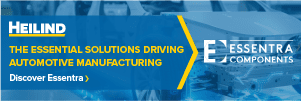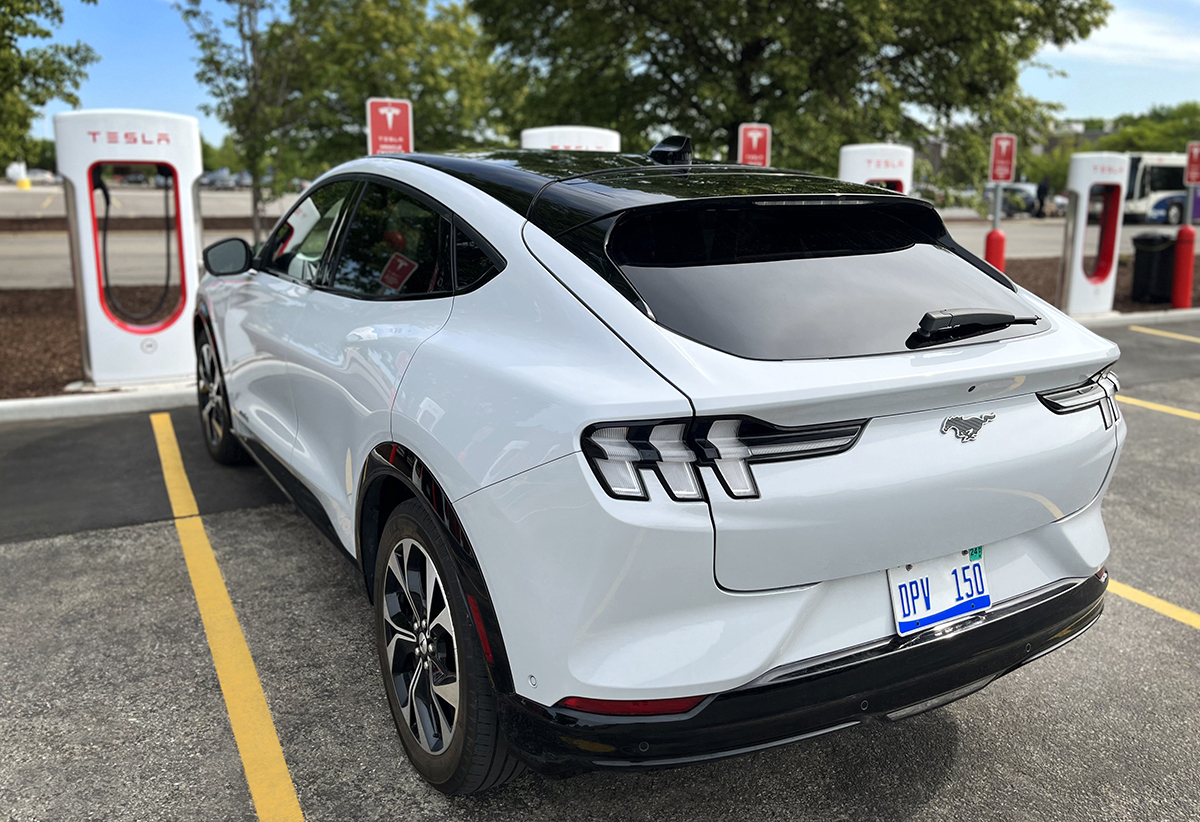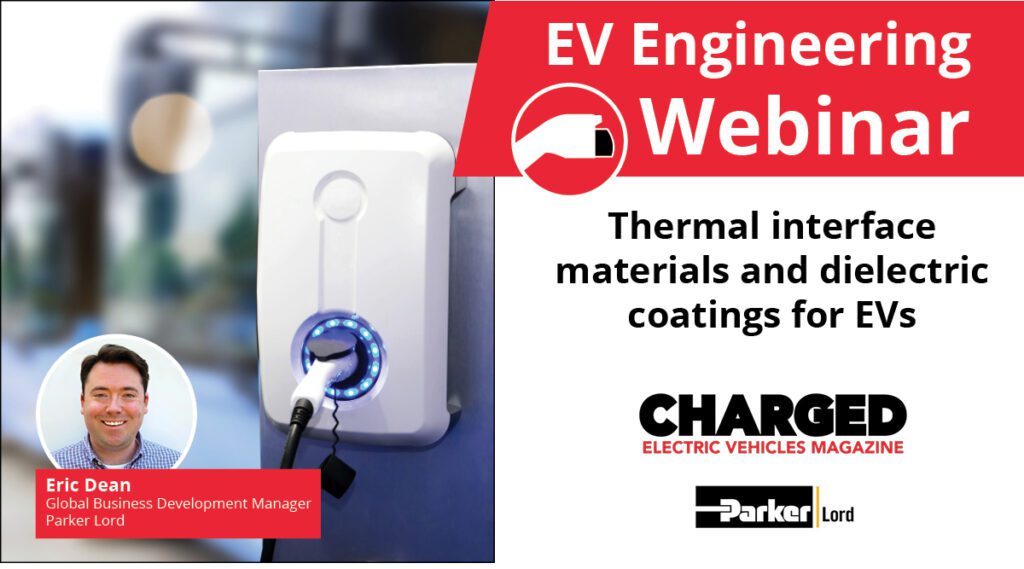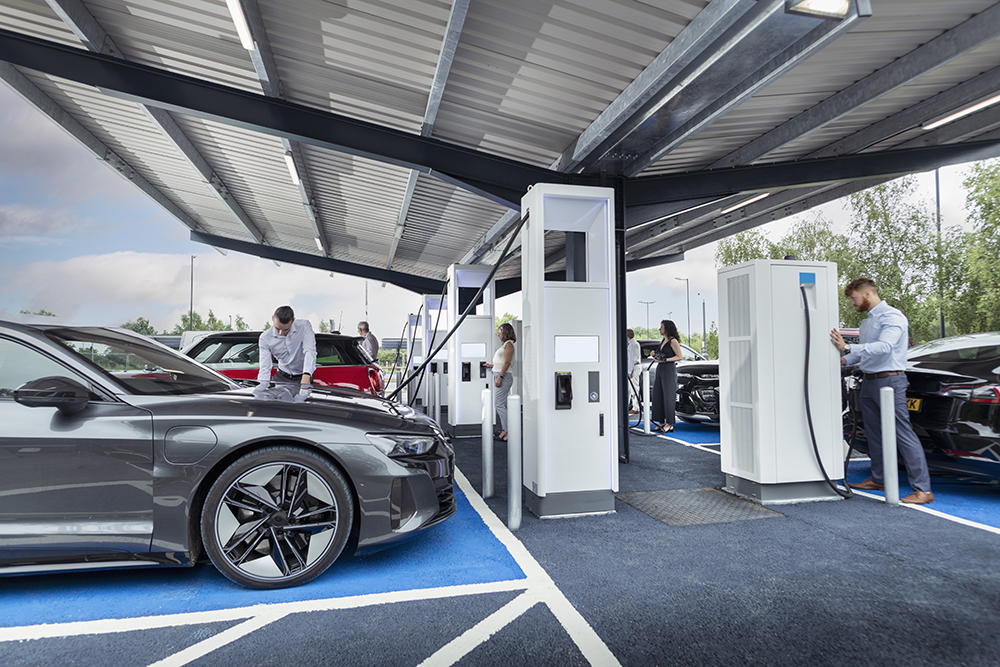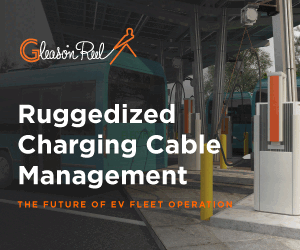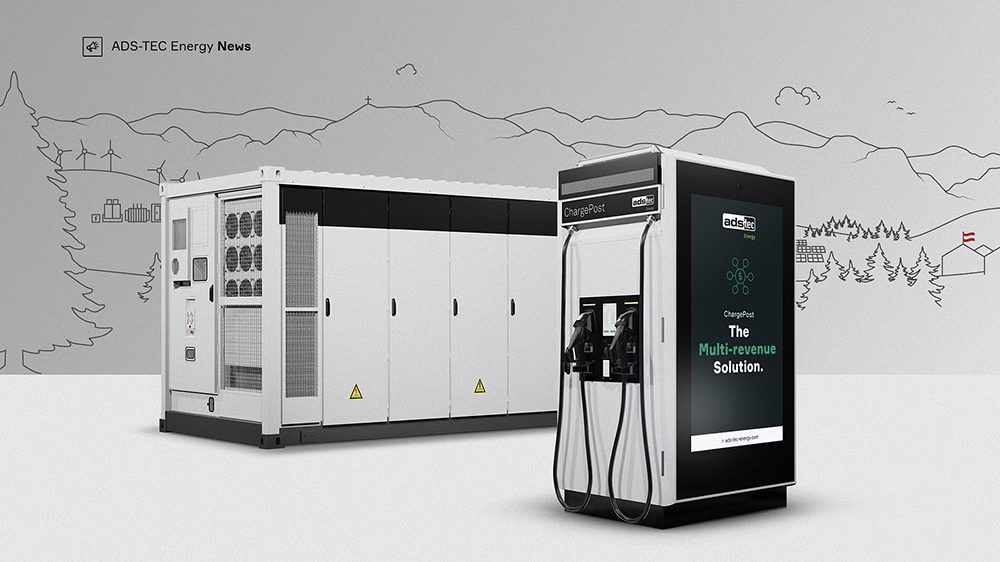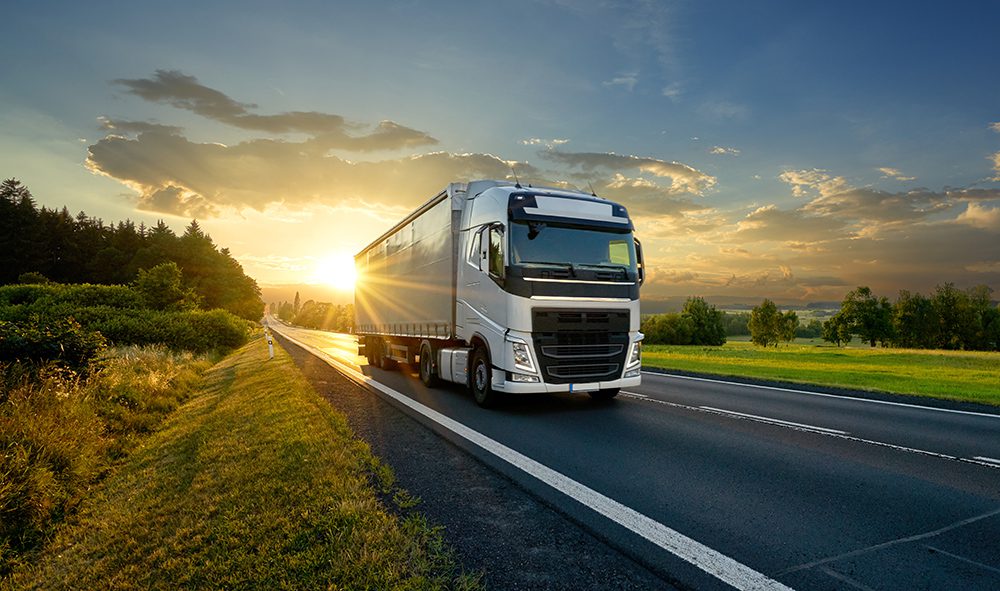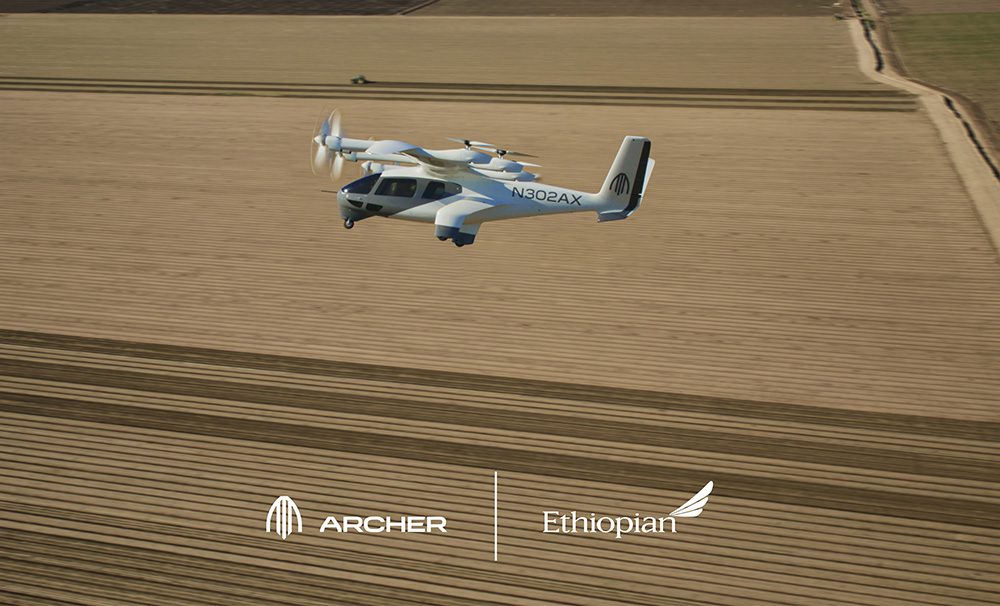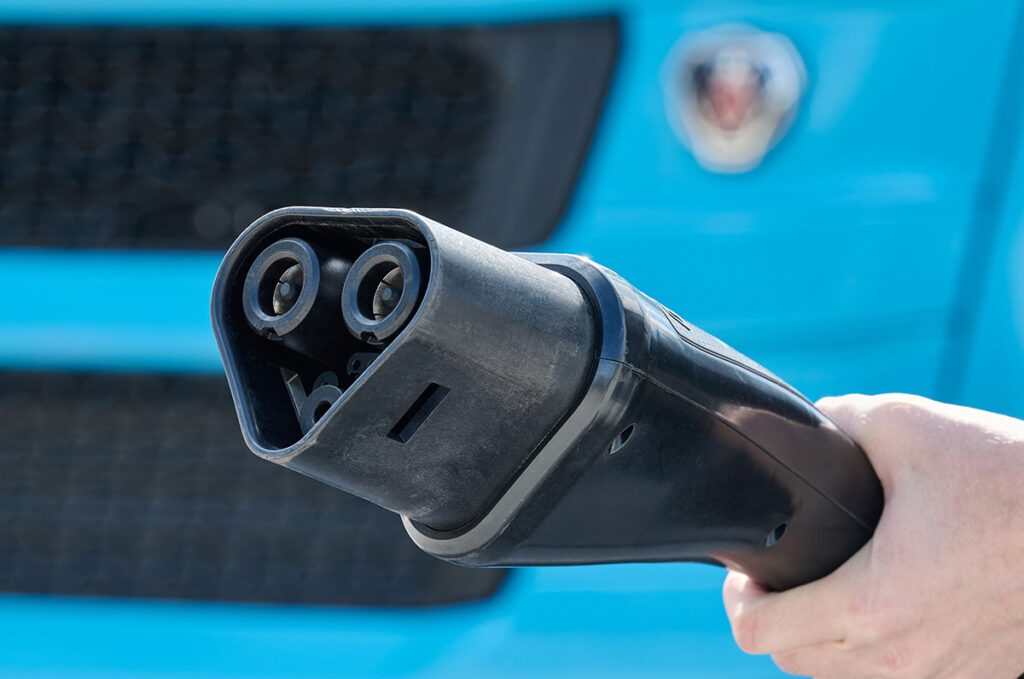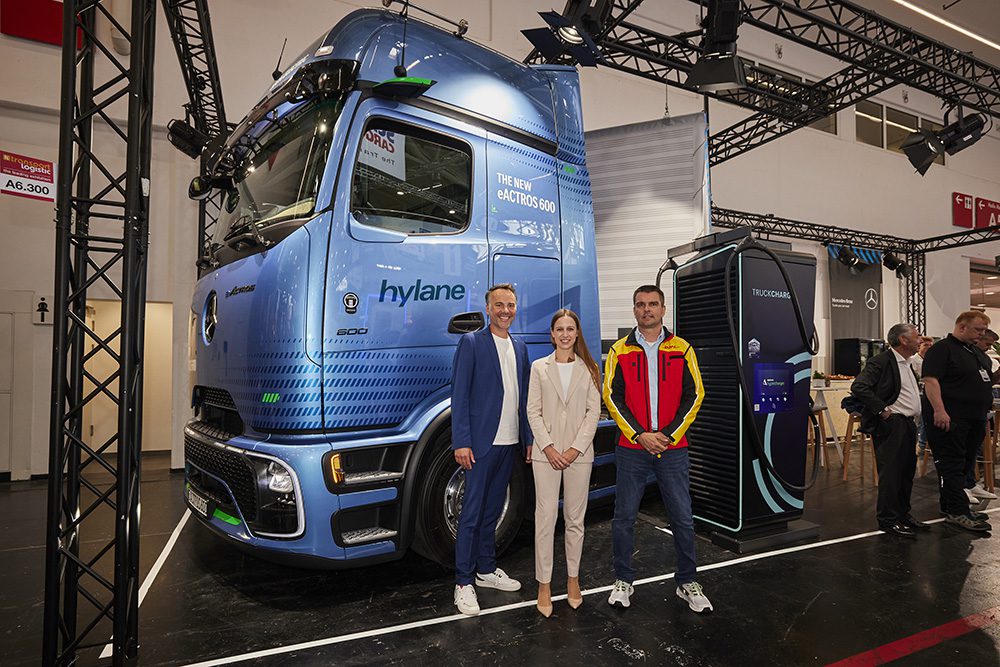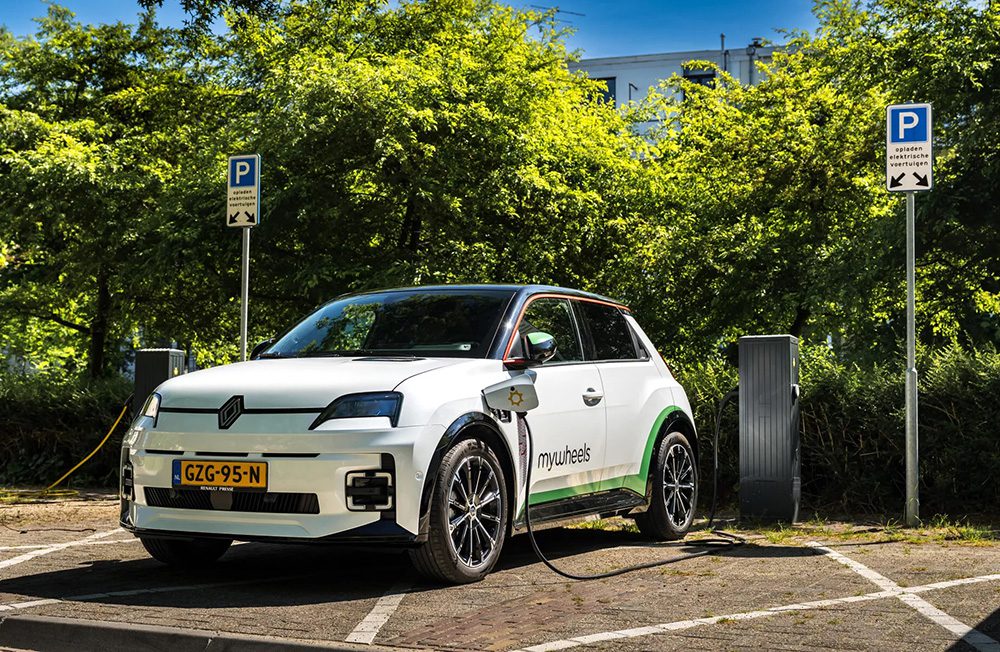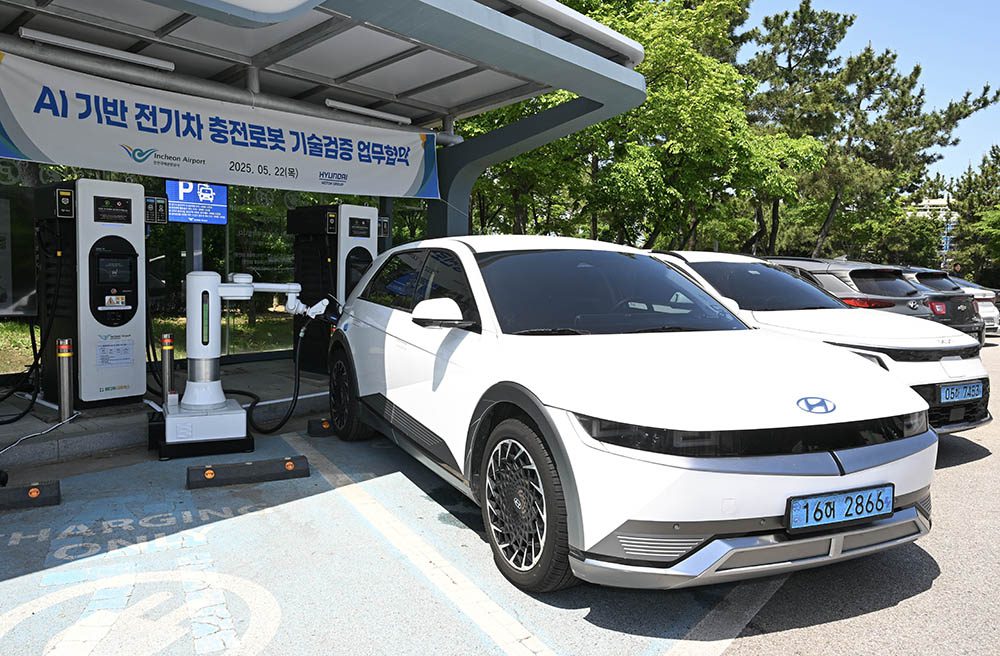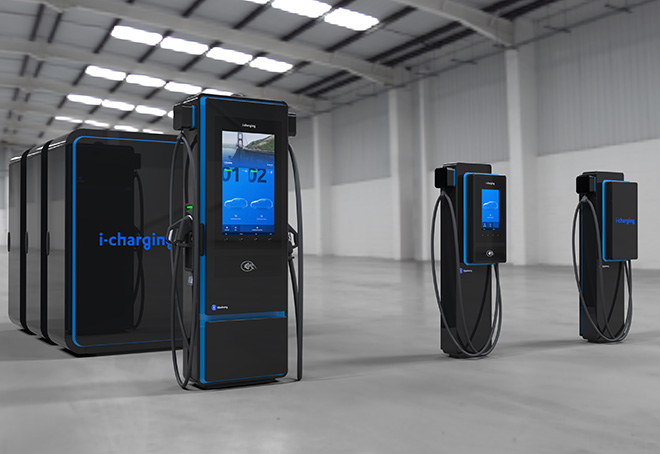Ford and Tesla recently reached an agreement that will give Ford EV customers access to Tesla’s network of 12,000 North American Superchargers starting in 2024. What’s more, Ford says it will equip future EVs with Tesla’s NACS charging port starting in 2025.
The deal is the talk of the EV industry, and most of the opinions we’ve read are broadly positive—the more access to chargers, the better. My initial take was that it’s a publicity coup for both companies, but technically just another step toward Tesla’s goal of opening up its Superchargers to other brands.
However, there’s at least one important player that is less than thrilled by the news. CharIN, the global charging industry association that developed CCS and the new Megawatt Charging System (MCS), issued a detailed response to Ford’s announcement, which is well worth reading in its entirety.
“The global EV industry cannot thrive with several competing charging systems,” reads the statement in part. “CharIN supports global standards and defines the requirements based on the input of its international members. CCS is the global standard and therefore focuses on international interoperability and, unlike NACS, is future-proofed to support many other use cases beyond public DC fast charging. Early, unconsolidated announcements of changes create uncertainty in the industry and lead to investment obstacles.”
Some of us have opined that a standards war can be avoided by simply using adapters, or by equipping charging stations with dual charging cables, as Tesla and EVgo are already doing. CharIN is having none of it: “CharIN also does not support the development and qualification of adaptors for numerous reasons, including the negative impact on the handling of charging equipment and, therefore the user experience, the increased probability of faults, and effects on the functional safety. There are also a variety of technical challenges related to lower current ratings, variations of electrical requirements, and mechanical loads caused by the weight of the adaptor which may lead to wear and mechanical malfunctioning of the vehicle inlet (see CharIN’s position paper).”
A few pundits are calling the Ford/Tesla deal the beginning of the end for CCS, a position that seems far-fetched to say the least. Over 300 CharIN members around the world are using or investing in CCS, including the vast majority of automakers. In the US alone, CCS is used in over 50 passenger vehicle models, and more are on the way. Worldwide, there are currently around 81,000 DC fast chargers using the CCS connector, compared to 45,000 Tesla Superchargers.
Furthermore, whatever Tesla may say, unlike CCS, NACS is not a standard in the sense of something that a large number of companies have agreed to use. As CharIN points out: “CCS has gone through many years of rigorous standardization processes, which is a required activity for any new standard proposal. After a decade of collaborative work, the domestic and international EV industry has aligned around CCS.”
One powerful argument in Tesla’s favor is that Supercharger users generally give the system high marks for reliability, in contrast to other public charging networks, which…let’s just say haven’t earned a similar level of user satisfaction. CharIN assures us that it’s working on the reliability issue. “CharIN joined the Joint Office of Energy and Transportation and the National Laboratories to support the launch of the National Charging Experience Consortium [which] will address charger interoperability and reliability issues in public CCS deployments. CharIN will announce other major interoperability initiatives in the coming weeks, including upcoming interoperability testing events.”
This sounds like a step in the right direction, but some are skeptical that yet another consortium will be able to fix the reliability problems. I’ve asked at least a dozen charging industry execs (including officials from CharIN) why public charger reliability is so bad, and I’ve received a dozen different answers, none entirely satisfactory. The fact that a typical public EVSE installation can involve a dozen different companies might just have something to do with the problems. Currently, there are no standards for charger reliability (SAE is working on this) and no real consequences for providers that fail to keep their chargers in working order (reliability standards in the IRA and BIL might begin to address this).
There are strong arguments on both sides of this issue, and reasonable people will probably continue to disagree. For our part, we’d like to see fast charging rolled out quickly, but we don’t want to see one company dominate the market. We’re in favor of more cooperation, but that shouldn’t mean the whole industry has to move at the speed of the slowest players. More and better public charging would be a good thing, but a standards war would not.
Source: CharIN





